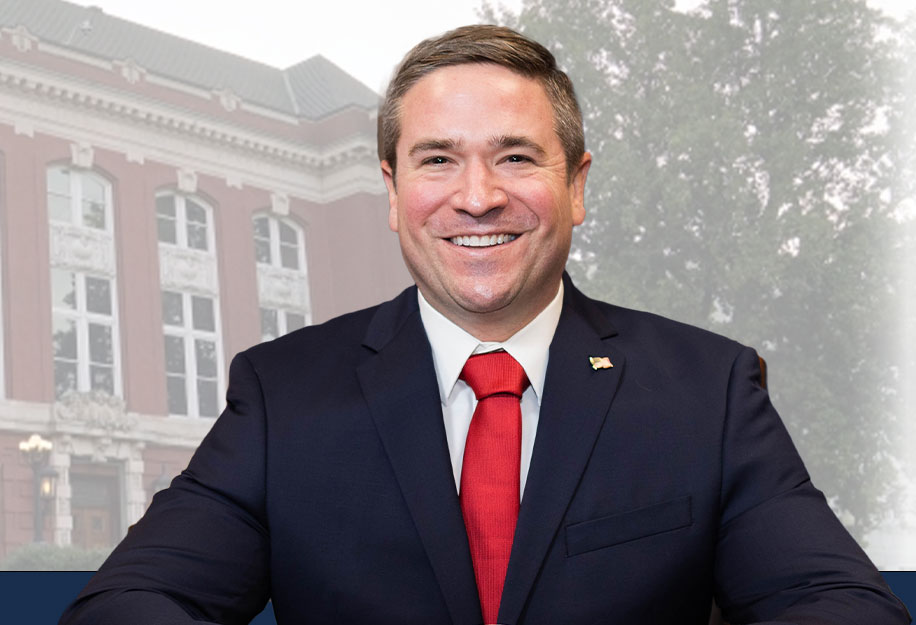- When in doubt, a meeting or record of a public body should be opened to the public.
- The Sunshine Law applies to all records, regardless of what form they are kept in, and to all meetings, regardless of the manner in which they are held.
- The Sunshine Law allows a public body to close meetings and records to the public in some limited circumstances, but it almost never requires a public body to do so.
- Except in emergency situations, a public body must give at least 24 hours’ public notice before holding a meeting. If the meeting will be closed to the public, the notice must state the specific provision within Section 610.021, RSMo., that allows the meeting to be closed.
- Each public body must have a written Sunshine Law policy and a custodian of records whose name is available to the public upon request.
- The Sunshine Law requires a custodian of records to respond to a records request as soon as possible but no later than three business days after the custodian receives it.
- The Sunshine Law deals with whether a public body’s records must be open to the public, but it generally does not state what records the body must keep or for how long. A body cannot, however, avoid a records request by destroying records after it receives a request for those records. For more information concerning records retention schedules, please visit the Missouri Secretary of State’s Website – the Local Records Division for local public governmental bodies, and the Records Management Division for state agencies.
- The Sunshine Law allows for public meetings to be both audio and video recorded by attendees. Each public governmental body may set up guidelines regarding the recording process. These guidelines can be found in the body ’s Sunshine Law Policy. No one is allowed to record a closed meeting, if they are not given permission to do so.
- When responding to a request for copies of its records, the Sunshine Law limits how much a public body can charge – per page, and per hour – for copying and research costs.
- There are specific provisions governing access to law enforcement and judicial records.

